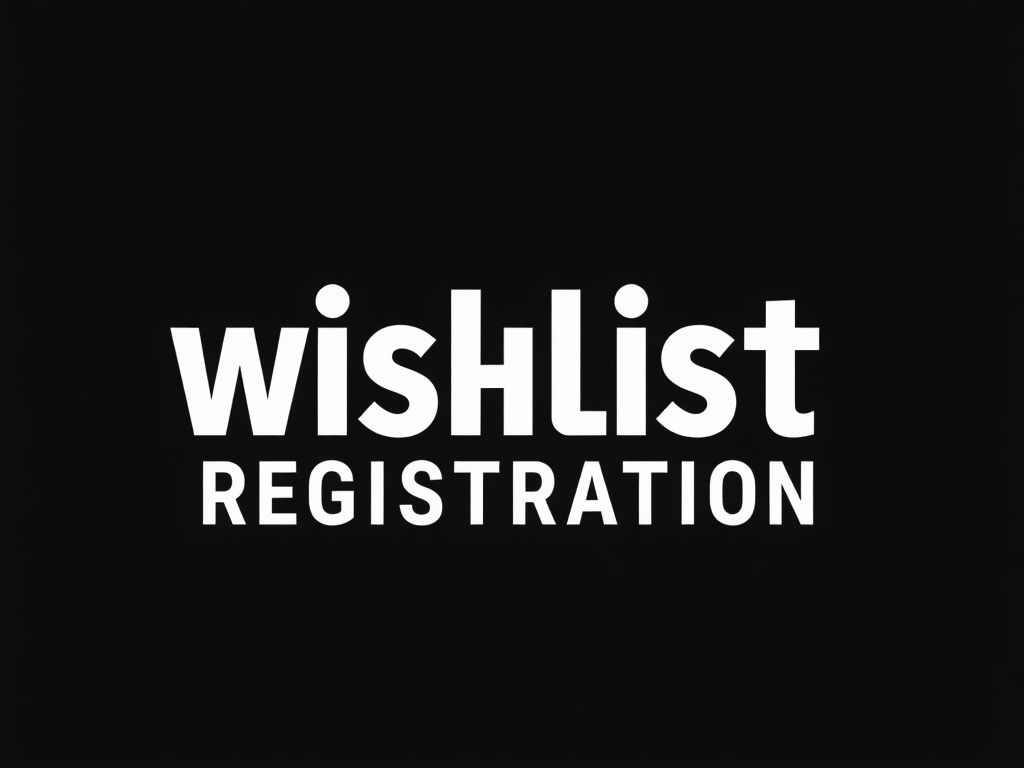How Smartphones Enhance Daily Task Efficiency
Smartphones significantly boost daily task efficiency by combining multiple tools into one portable device. Their core functions—such as communication, scheduling, reminders, and navigation—streamline everyday routines. For instance, instant messaging enables quick teamwork, while calendar apps organize appointments with notifications that prevent missed deadlines. GPS navigation reduces travel time by providing real-time directions, adapting routes to current traffic conditions.
The productivity benefits extend beyond basic functions. Task management apps help users prioritize and track to-do lists, integrating seamlessly with calendars and email. These apps allow multitasking without losing focus, a key aspect of improving efficiency. For example, digital reminders prompt timely task completion, minimizing procrastination, while note-taking apps capture ideas on the go, supporting better organization.
Have you seen this : How Can Smartphone Advancements Impact the Future of Computing?
Smartphone efficiency emerges from the synergy of these features, offering convenience and control over complex schedules. By centralizing diverse functions, smartphones reduce the need for separate devices, making task management more straightforward and accessible. This multifunctionality is integral to managing the increasing demands of modern life efficiently.
How Smartphones Enhance Daily Task Efficiency
Smartphone efficiency in daily tasks largely depends on core functions that simplify routine activities. Communication apps provide instant access to colleagues and family, speeding up information exchange. Scheduling tools offer more than calendars—they send customized reminders that help prevent oversights, ensuring commitments are met promptly. For example, setting recurring alerts for bill payments or meetings improves punctuality and reduces stress.
In parallel : What Are the Future Innovations in Smartphone Computing?
Reminders play a crucial role in task management by nudging users to complete chores or follow up on important messages. This function supports multitasking by keeping priorities visible and actionable throughout the day. Meanwhile, GPS navigation cuts down travel uncertainty, giving precise, real-time route adjustments that save both time and fuel.
Productivity benefits also come from specialized apps designed to manage complex workloads. Task management applications enable users to create, organize, and prioritize tasks, often integrating with email and calendar systems. This integration fosters seamless workflow control and helps maintain focus amidst multiple responsibilities. By consolidating these functionalities, smartphones serve as all-in-one tools that elevate productivity and simplify handling of everyday demands.
How Smartphones Enhance Daily Task Efficiency
Smartphone efficiency relies heavily on core functions that simplify daily tasks, making complex schedules manageable. Communication, scheduling, reminders, and navigation are fundamental features that collectively enhance productivity benefits. For example, messaging apps provide instant contact, accelerating decision-making and coordination in real time. Scheduling tools do more than store dates; they offer adaptive reminders that adjust to changing priorities, reducing missed commitments.
Reminders support task management by ensuring users remain aware of deadlines and important activities, effectively reducing cognitive load. GPS navigation, another essential function, decreases travel time by offering real-time route updates, adapting instantly to traffic conditions or detours. This responsiveness saves both time and energy, demonstrating clear productivity benefits.
Beyond these basics, productivity apps enable users to handle multiple tasks through centralized platforms. These applications integrate smoothly with email and calendars, facilitating seamless prioritization and progress tracking. With task management apps, users can sort tasks by urgency, duration, or category, maintaining focus even under heavy workloads. This integration showcases how smartphone efficiency is not just about individual tools but their ability to work in concert to elevate daily task performance.
How Smartphones Enhance Daily Task Efficiency
Smartphone efficiency thrives on combining key functions that streamline daily tasks into a single, powerful device. Core features such as communication, scheduling, reminders, and navigation work in tandem to reduce friction in everyday routines. For example, messaging apps speed up collaboration, enabling quick decision-making and coordination in real time. Scheduling tools extend beyond simple calendars by offering adaptive reminders that adjust to shifting priorities, which minimizes missed deadlines and supports timely task completion.
Reminders also play a critical role in task management by decreasing cognitive load, keeping users aware of pending commitments without overloading their memory. Navigation apps contribute by providing up-to-the-minute route updates, cutting down travel time and fuel consumption through dynamic rerouting. These functionalities collectively demonstrate clear productivity benefits, making multitasking manageable and less stressful.
Additionally, specialized productivity apps enhance smartphone efficiency by integrating task management capabilities within unified platforms. Users can organize, prioritize, and track progress across numerous tasks, often linked seamlessly with calendars and email. This integration fosters a smoother workflow, allowing users to focus on what matters most despite complex schedules. Consequently, smartphone efficiency emerges from how core functions and productivity tools interact to optimize daily task execution.
How Smartphones Enhance Daily Task Efficiency
Smartphone efficiency in handling daily tasks is largely driven by core features that streamline routine activities. Communication apps facilitate instant conversations, enabling rapid decision-making and collaboration. Scheduling tools do more than note appointments; they send personalized reminders that adjust to evolving priorities, preventing missed deadlines. Reminders help maintain focus by reducing cognitive load, ensuring tasks remain visible and actionable throughout the day. Navigation apps provide real-time route updates that cut travel time and fuel use by adapting to traffic conditions dynamically.
Beyond these essentials, productivity benefits grow substantially from specialized task management applications. These apps centralize multiple responsibilities, allowing users to create, prioritize, and track tasks efficiently. Integration with calendars and email ensures a seamless workflow, supporting multitasking without sacrificing focus. For example, users can categorize tasks by urgency or duration, helping to allocate time and resources effectively. This cohesive functionality exemplifies how smartphone efficiency arises not just from individual features but from their ability to work together to optimize how daily tasks are managed. The result is a potent toolset that enhances productivity by simplifying complex schedules and increasing responsiveness to changing demands.

